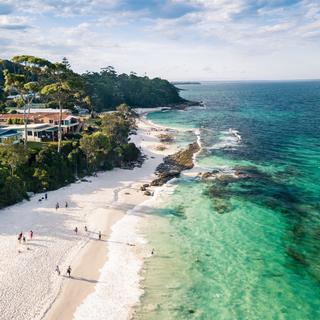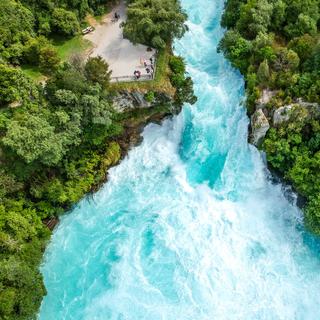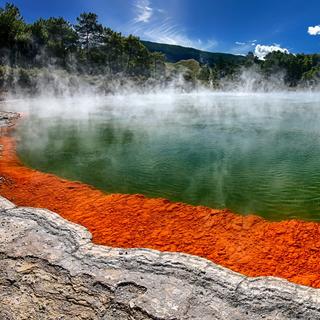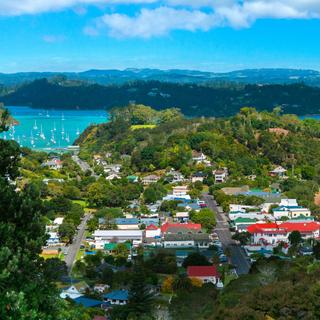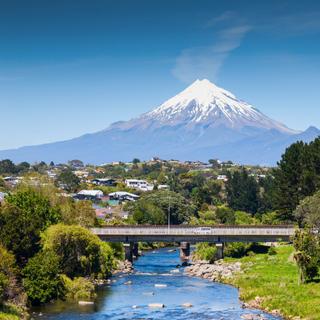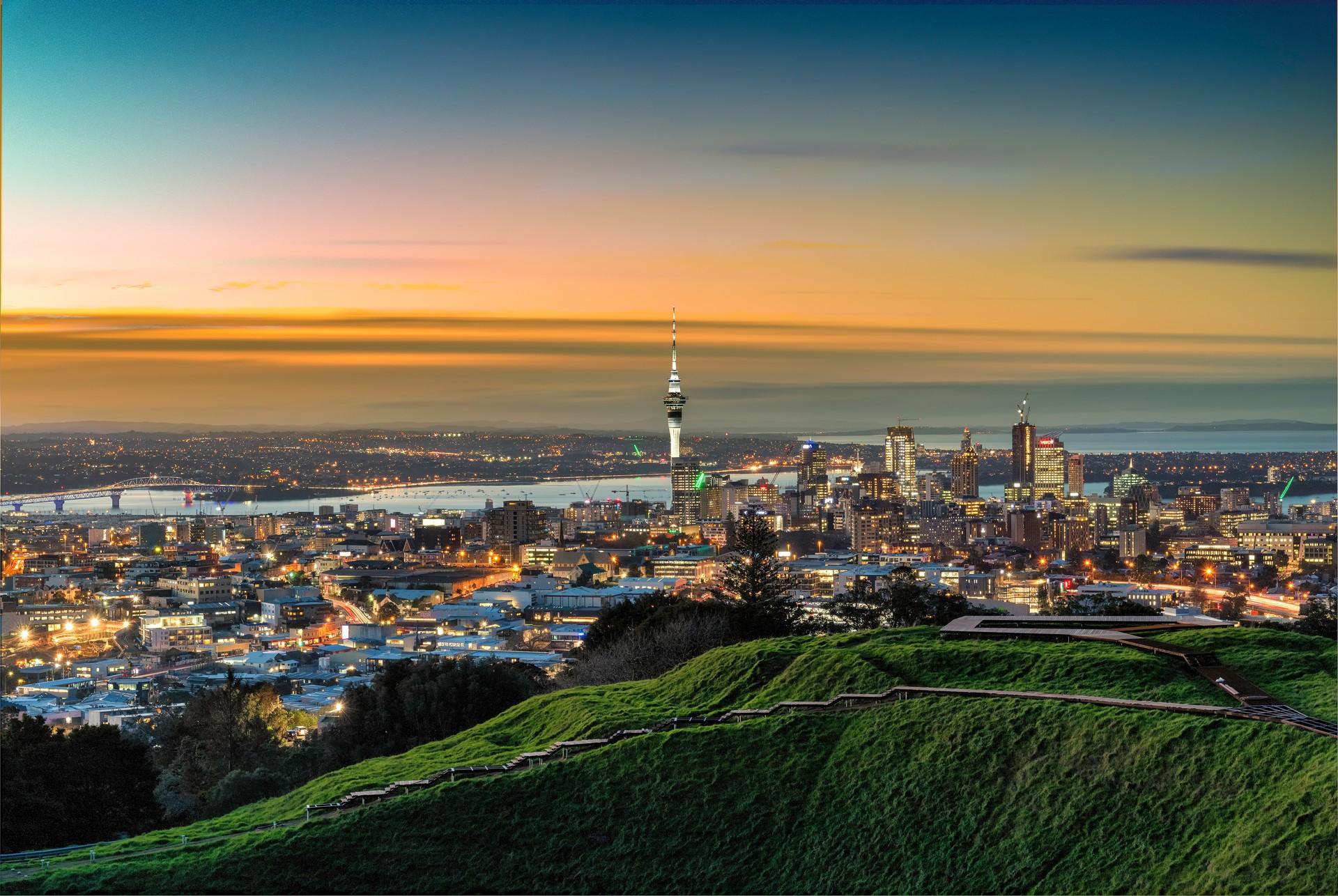
Auckland weather and climate

Auckland weather and climate
Day
15 °C
Night
7 °C
Sea
14 °C
Precipitation
127 mm
in month
Rainy days
14 days
in month
Daylight
10 hours
average
Sunshine
4 hours
average
Humidity
87 %
Weather charts for Auckland

Find more destinations like this
Destinations with similar weather to Auckland
Other destinations in North Island - New Zealand
Closest cities for Auckland
Last week's weather in Auckland
During the week of 23 June 2025 - 29 June 2025, temperatures averaged at 17 °C (63 °F) during the day and dropped to 12 °C (54 °F) at night. Both the daily and night temperatures in Auckland are roughly same as the long-term average, which is around 15 °C (59 °F) and 8 °C (46 °F) respectively. On average, the temperatures during various times of day (in local time) were recorded as: 7am 13 °C (55 °F), 10am 15 °C (59 °F), 1pm 16 °C (61 °F), 4pm 15 °C (59 °F), 7pm 14 °C (57 °F), 10pm 13 °C (55 °F).
During this week: 6 days without rain and 1 day with moderate rain were observed. During the whole week, total of 13 mm (0.51 in) of precipitation was observed, which is below the long term average for Auckland, which is 30 mm (1.18 in). On average, the cloud coverage during daylight hours (from dawn to dusk) was 69 %. There was a meteorological observation of mist, fog and haze.
Average speed of wind was 5.8 m/s. The atmosferic pressure ranged from 1009 hpa to 1032 hpa. On average, the air humidity in Auckland was 82 %.
On average, there were 1 hour clear skies, 1.5 hours partially overcast skies, 6.5 hours overcast skies and 1 hour rainy weather during the daytime (from dawn to dusk). The sunrise on average occurred at 07:34, and the sunset occurred at 17:12.
Weather overview for Auckland
Weather overview
The warm and humid climate of Auckland, New Zealand, is characterized by considerable variations in temperature and precipitation throughout the year. Daytime temperatures can fluctuate significantly, peaking at about 24 °C (75 °F) degrees in the balmy months of summer and cooling to an average of 15 °C (58 °F) degrees during the chilly winter. As night falls, the temperatures drop to a range between 7 °C (45 °F) degrees in the coldest month and a moderate 16 °C (60 °F) degrees at the height of summer. In terms of precipitation, January claims the title of the driest month with a mere 7 days days of rainfall, while July contrasts as the wettest period, averaging 14 days days of rainfall.
January weather
In Auckland, the daytime temperature comfortably rests at 24 °C (75 °F) degrees, heralding the near-peak tourist season. The precipitation hits its lowest at 86 mm (3.38 in) millimeters, coinciding with the sparse 7 days days of rainy weather. The maximum solar exposure is marked by a high of 7 hours hours of clear skies.
February weather
Auckland's tourist season is in full swing, with both daytime and nighttime temperatures reaching their zenith at 24 °C (75 °F) and 16 °C (60 °F) degrees respectively. The solar exposure begins to dwindle slightly to 7 hours hours. The beginnings of an increment in rainfall are marked by 93 mm (3.67 in) millimeters.
March weather
The tourist season in Auckland continues along with the anticipated drier period. The beginning of the decline in both daytime temperatures, recorded at 23 °C (73 °F) degrees, and nighttime temperatures, at 14 °C (57 °F) degrees, can be observed, along with a decrease in solar exposure to 6 hours hours.
April weather
April's tourist buzz in Auckland is palpable as day temperatures continue their mild decline, registering at 21 °C (69 °F) degrees. The night temperatures similarly taper off to 12 °C (54 °F) degrees. An upward trend in rainy days is noted, now averaging 10 days days. The wind speeds also reach their yearly low this month.
May weather
Auckland's daytime temperatures continue their gentle decline to 18 °C (64 °F) degrees, while a noticeable drop in nighttime temperatures to 10 °C (50 °F) degrees persists. The tourist season is still on. The rising trend in the number of rainy days is evident, currently at 12 days days, along with a decrease in solar hours to 4 hours.
June weather
In Auckland, a pronounced cooling trend is apparent as daytime temperatures reach 16 °C (60 °F) degrees, and night temperatures dip to 8 °C (46 °F) degrees. The solar exposure is measured at its annual minimum this month. The continued uptick in rainy days is tallied at 13 days.
July weather
The daytime temperature in Auckland touches its lowest point this month, lining up with the coldest nighttime readings of 7 °C (45 °F) degrees. The precipitous climb in rainy days peaks at this time of the year. A slight increase in the amount of sunlight can be noted, with values approximating 4 hours.
August weather
As Auckland emerges from the cold, a gradual rise in daytime temperatures to 16 °C (60 °F) degrees can be felt. Teamed with an uptick in nighttime warmth with readings at 8 °C (47 °F) degrees. The zenith of rainfall is registered this month, accumulating to 138 mm (5.42 in). A continuation in the volume of sunny hours is observed, now reaching 5 hours.
September weather
In Auckland, a tentative decrease in the number of rainy days can be gleaned, dropping to 12 days days, alongside a starting decline in rainfall with values around 110 mm (4.35 in). Day and nighttime temperatures rise incrementally to 17 °C (62 °F) and 9 °C (48 °F) degrees correspondingly, while the supply of sunlight also expands, currently at 5 hours.
October weather
Auckland gears up for the onset of tourist season as the daytime temperature extends to 18 °C (64 °F) degrees, with nighttime readings marking a separate but parallel increase to 11 °C (51 °F) degrees. The rain days continue to follow a downtrend, notching to 10 days days. Meanwhile, rainfall is seen descending as well, with values circling 93 mm (3.67 in).
November weather
With the tourist season in full swing in November, Auckland experiences a continued ascend in day temperatures, which stands at 20 °C (68 °F) degrees, and a coinciding climb in nighttime warmth is recorded, registering day-end lows of 12 °C (54 °F) degrees. The number of rainy days also follows a declining trail. The increase in clear sky hours is apparent, now clocking in 6 hours hours.
December weather
The tourist season looms in Auckland with day temperatures on an upward trajectory, now reading 22 °C (72 °F) degrees, alongside a related rise in nighttime temperatures cresting at 14 °C (57 °F) degrees. The upswing in rainfall quantified as 123 mm (4.86 in) begins. Relative humidity reaches its lowest annual point in December.
FAQs
Is January an ideal time to visit Auckland?
January offers superb conditions for a trip to Auckland. With barely 7 days days of rain throughout the month, you're unlikely to need an umbrella. Although a daytime temperature of 24 °C (75 °F) might be cooler for some, most will find it quite agreeable. Apparel for sea swimming, given the sea temperature of 20 °C (68 °F), should cater to personal tolerance levels, while the 15 °C (59 °F) nighttime temperature could call for warmer clothing if dining al fresco.
How warm is the daytime in Auckland during February?
During February, expect Auckland to bask in an average daytime temperature of 24 °C (75 °F) degrees, perfectly amiable for a variety of outdoor activities. When it comes to attire, light clothing is advisable - think shorts and t-shirts, while an extra layer like a light sweater might come in handy during the cooler moments.
Does March fall during Auckland's rainy season?
March, fortunately, does not coincide with Auckland's rainy season, with the expectation of only 7 days days experiencing rainfall.
What should I expect for nighttime temperatures in Auckland in April?
The average nighttime temperature in Auckland during April is a cool 12 °C (54 °F) degrees. Morning jogs may be brisk, yet evenings outdoors prove to be quite delightful, although temperatures might require a light jacket.
What's the average amount of sunshine I can expect in Auckland during May?
In May, Auckland enjoys an average of 4 hours hours of sunshine per day.
How many days of rain are typically expected in Auckland during June?
June in Auckland tends to see around 13 days rainy days, so it's advantageous to have rain gear readily accessible.
Is July the month with the most rainfall in Auckland?
Indeed, July leads the chart for rainfall in Auckland with the highest number of rainy days measured at 14 days.
What kind of humidity levels are typical in Auckland during August?
Expect a relatively high humidity level around 85 % in Auckland for the month of August, which might affect those who are particularly sensitive to moist conditions.
Can I anticipate windy conditions in Auckland for September?
In Auckland, September's wind speeds average at a moderate 5, which might suggest the possibility of occasional breezes.
Is Auckland's October considered a time of dry weather?
While it's not peak dry season, October in Auckland sees a reduction in rainy days to just about 10 days, painting it as a comparatively drier month.
What is the usual count of rainy days in Auckland for November?
Typically, Auckland prepares for roughly 9 days rainy days in November, which translates to about 2 days per week or nearly 30 % of the month.
What's the expected sea temperature around Auckland in December?
In December, the sea near Auckland warms to an approximate 19 °C (65 °F) degrees, offering a somewhat brisk swimming experience, though some may find the temperature stimulating.



